November 27, 2023
From the archive: The role of workplace design in employee engagement 0
Originally published six years ago, this feature is currently the most read story ever on the website with around 50,000 readers. A global study by my own firm Steelcase has found that one-third of workers across 17 of the world’s most important economies are actually disengaged. The findings make worrying reading for employers around the world, as engagement is so demonstrably linked to business critical outcomes such as employee retention, productivity and even profits. It certainly raises the question of what more can be done, including in terms of workplace design, to boost engagement levels amongst these employees. (more…)







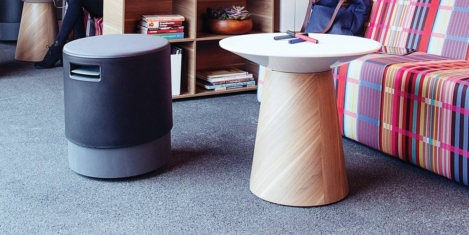
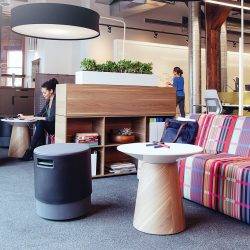
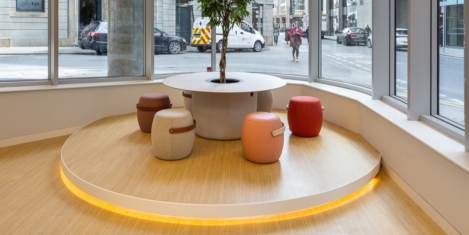
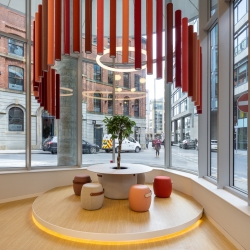 Way before the lockdown rewired the whole events scene in cities around the world, I was given a task by an old, now departed, friend. He wanted to explore the possibility of creating something like Clerkenwell Design Week in Manchester. The obvious problem was that, for some of its historic parallels, Manchester isn’t Clerkenwell and it certainly isn’t London. What it particularly lacked for this type of event was a hothouse of office design showrooms sharing space with a youthful community of architects and designers. The ecosystem for such an event didn’t really exist in the same way.
Way before the lockdown rewired the whole events scene in cities around the world, I was given a task by an old, now departed, friend. He wanted to explore the possibility of creating something like Clerkenwell Design Week in Manchester. The obvious problem was that, for some of its historic parallels, Manchester isn’t Clerkenwell and it certainly isn’t London. What it particularly lacked for this type of event was a hothouse of office design showrooms sharing space with a youthful community of architects and designers. The ecosystem for such an event didn’t really exist in the same way. 

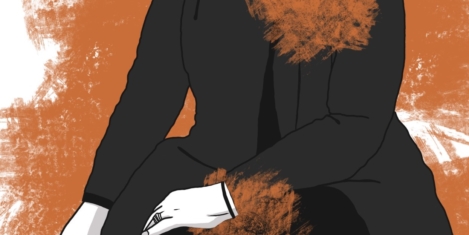

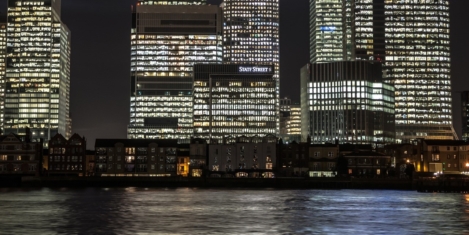
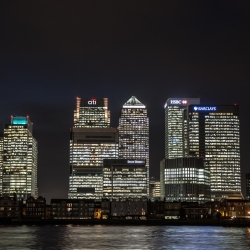


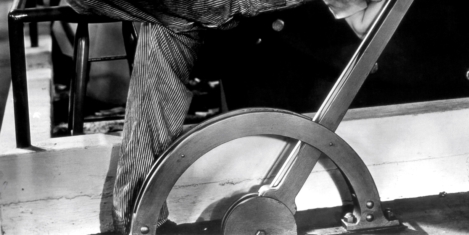
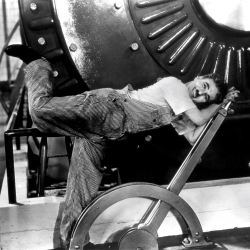




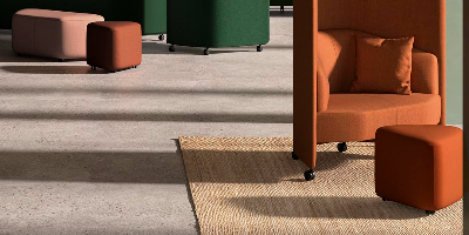


 Have you ever had the feeling that some of your colleagues are working only for themselves, and are not true team players? If your answer is yes, then it is possible that you are working with a narcissist. Narcissists have a heightened sense of what they are entitled to and have a constant need for attention and admiration. They are arrogant and see themselves as superior to others.
Have you ever had the feeling that some of your colleagues are working only for themselves, and are not true team players? If your answer is yes, then it is possible that you are working with a narcissist. Narcissists have a heightened sense of what they are entitled to and have a constant need for attention and admiration. They are arrogant and see themselves as superior to others. 









